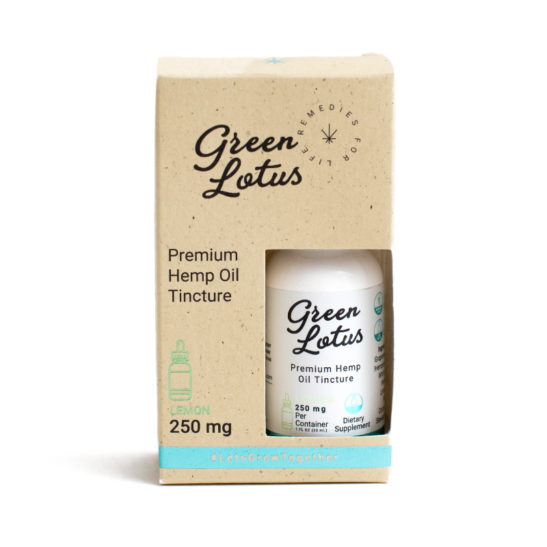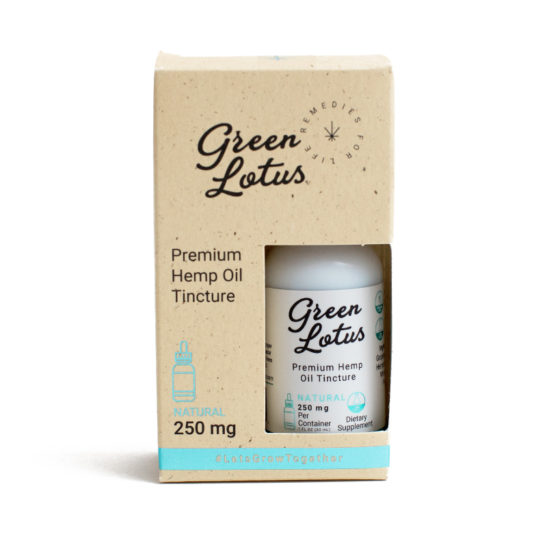Hemp Education
What is Linalool? An Underrated Terpene With Big Health Benefits
Ever smelled lavender? That pleasant, floral scent comes from a terpene called linalool. You’ve probably encountered linalool before, whether you’ve realized it or not. It’s in flowers and plants — sometimes in large quantities, as in lavender, but in others, it’s only present in trace amounts. It’s also a prominent terpene in cannabis, and it plays a big part in making CBD and full-spectrum hemp oil so effective.
First, What Are Terpenes?
Linalool is a terpene. So, what are terpenes? Here’s the short version: Terpenes are natural chemicals responsible for the distinctive scents of different plants, fruits, and vegetables. For example, the smell of “lemons” is actually limonene. The smell of “pine” is actually pinene.
Let’s go to the experts for more information. Here’s a great description from a recent study on the therapeutic benefits of terpenes:
“Terpenes, also known as isoprenoids, are the largest and most diverse group of naturally occurring compounds that are mostly found in plants… They are responsible for the fragrance, taste, and pigment of plants.”
Though a plant, fruit, or vegetable plays host to a large and assorted cast of terpenes, it’s usually one or two dominant terpenes that determine its characteristic scent.
Terpenes in Nature
Terpenes play an important role in the survival of many kinds of plant species. In some, smell helps to attract pollinators. Other terpenes serve to warn away pests and other animals that could eat or destroy them.
While terpenes’ aroma is their most outwardly recognizable quality, they have others. Terpenes have several other functions, helping plants resist disease and contributing to cell function. For humans, terpenes also carry a variety of health and wellness benefits, with more being uncovered all the time.
CBD is Loaded With Terpenes
At current estimates, there are at least 100 different terpenes in CBD. That’s a respectable number compared to better-known sources of terpenes such as fruits and flowers.
In total, we currently know of over 20,000 terpenes found in the wild.

A History of Lavender & Linalool
Linalool is one of the most noticeable terpenes in CBD and hemp products, but we’ve been utilizing it for quite a while in other ways, originally as a component of lavender and more recently as an isolate.
Ancient Uses and Benefits of Linalool
According to botanists, lavender was originally native to the Middle East, India, and the Eastern Mediterranean. Humans have documented the ritualistic and therapeutic uses of lavender as early as 1000 BC.
Early Romans were particularly fond of lavender’s (linalool’s) invigorating scent and calming effects. They wove lavender into clothing, braided it into hair, and, in the absence of soap, spread its dried petals over the waters of their public baths.
Across civilizations and geographies, lavender, and by extension linalool, has been used for symptoms of panic, anxiety, and even as an anticonvulsant.
Western Medicine Discovers Linalool
In 1875, linalool was chemically isolated from Bois De Rose oil, though today the bulk of linalool is produced synthetically, according to George S. Clarke’s definitive article, An aroma chemical profile: Linalool.
Linalool in Green Lotus products comes from natural sources, whether from full-spectrum hemp oil and organically-grown fruits. (Fun fact: we don’t use lavender!)

Linalool Benefits for Health & Wellness
Modern clinical research is beginning to catch up with and add validation to traditional medicine’s embrace of linalool.
A growing number of peer-reviewed studies point to linalool’s efficacy as a tool for managing pain, anxiety, and muscle contractions, among other issues. Linalool’s benefits for inflammation are documented well in this literature review.
Potential Linalool Effects on Anxiety & Depression
One of the most exciting benefits of linalool is its ability to work as a natural anxiolytic — meaning its ability to help users with anxiety.
Linalool’s effects on anxiety and depression have attracted interest from researchers. Some studies examine lavender and linalool taken orally, while others investigate linalool’s anti-anxiety response in aromatherapy.
Linalool May Help with Sleep
Linalool has demonstrated sedative properties. You’ll probably notice that effect shortly after taking full-spectrum hemp oil or inhaling linalool isolate.
Linalool is being studied as a tool to decrease sleep disturbance. Further studies are likely to follow.
Let’s Stick to the Facts
We believe in the power of terpenes and full spectrum hemp oil. We’ve experienced the effects of linalool personally, so that’s why we’re passionate about our products.
But on the flip side there’s a simple wisdom that asks us to understand how a substance works before we say what the substance works for.
That’s why we need more studies!
Essential Oils vs. Terpenes
Essential oils are a hot commodity these days, often mentioned alongside terpenes. So what’s the difference between the two?
Terpenes are just one of the compounds in essential oils — usually the main one. Linalool is found in many of them, but as mentioned, it is most prominent in lavender essential oils.
Essential oils are a quality source of many terpenes. And since they’re used in aromatherapy, they provide some unique olfactory benefits. However, they don’t have the full range of other compounds that full-spectrum hemp oil does, like cannabinoids and flavonoids.
Green Lotus Full-Spectrum Hemp Oil Contains High Levels Of Linalool
Linalool is a common terpene found in full spectrum hemp oil. In our full-spectrum hemp oil, linalool, myrcene, and pinene are the three most prominent terpenes alongside limonene. This terpene profile was achieved through meticulous cultivation and years of precise breeding. (Let us show off a little bit, ok?)
Consider Green Lotus Natural Hemp Oil CBD tincture for a full spectrum of cannabinoids enhanced by linalool and other terpenes. Choose strengths ranging from 125 mg to 1500 mg of cannabinoids and terpenes. Seriously, check them out.
Have more questions about terpenes? Contact us at info@greenlotushemp.com. We’ll point you in the right direction.
Your friends,
Green Lotus








